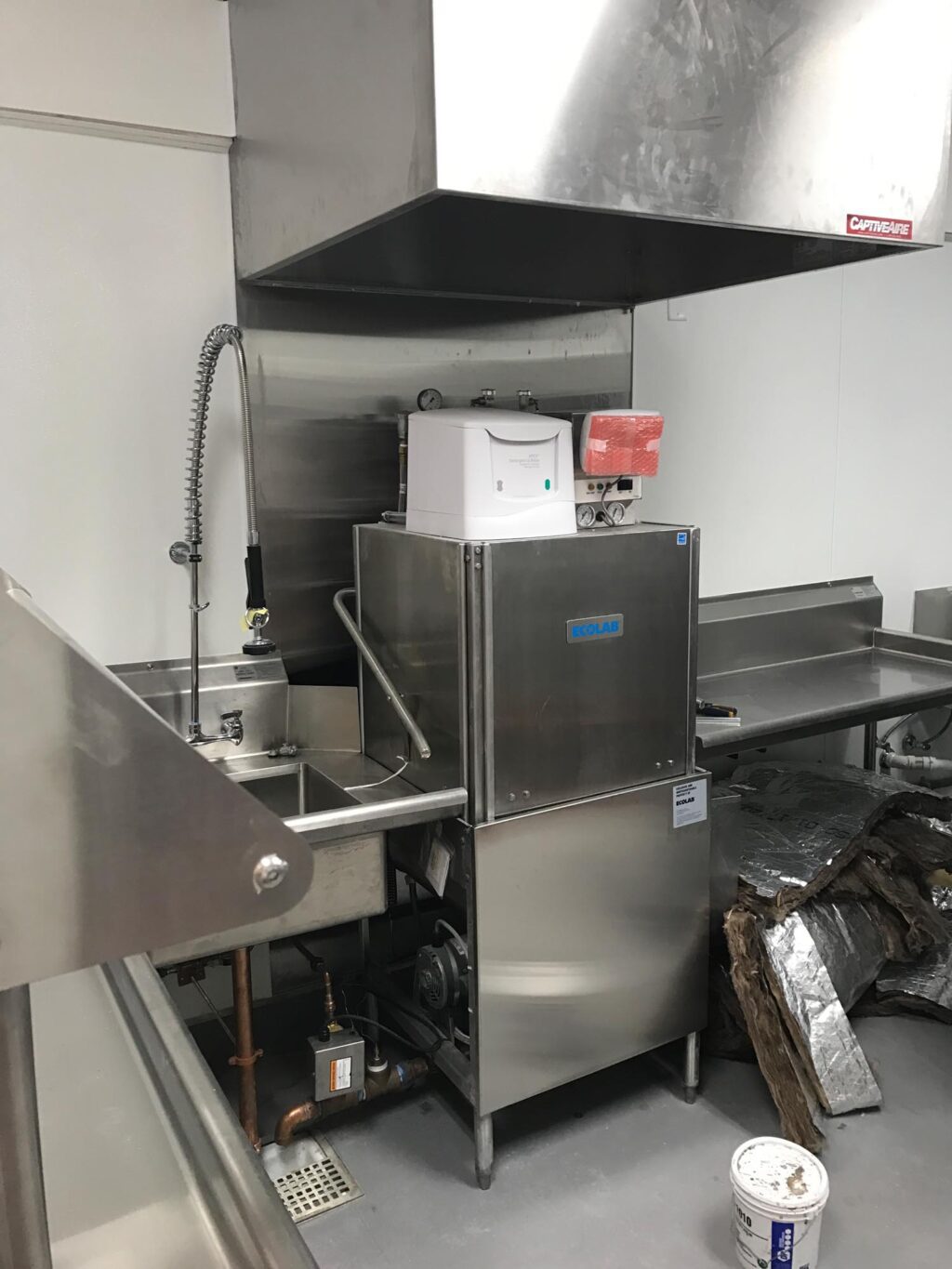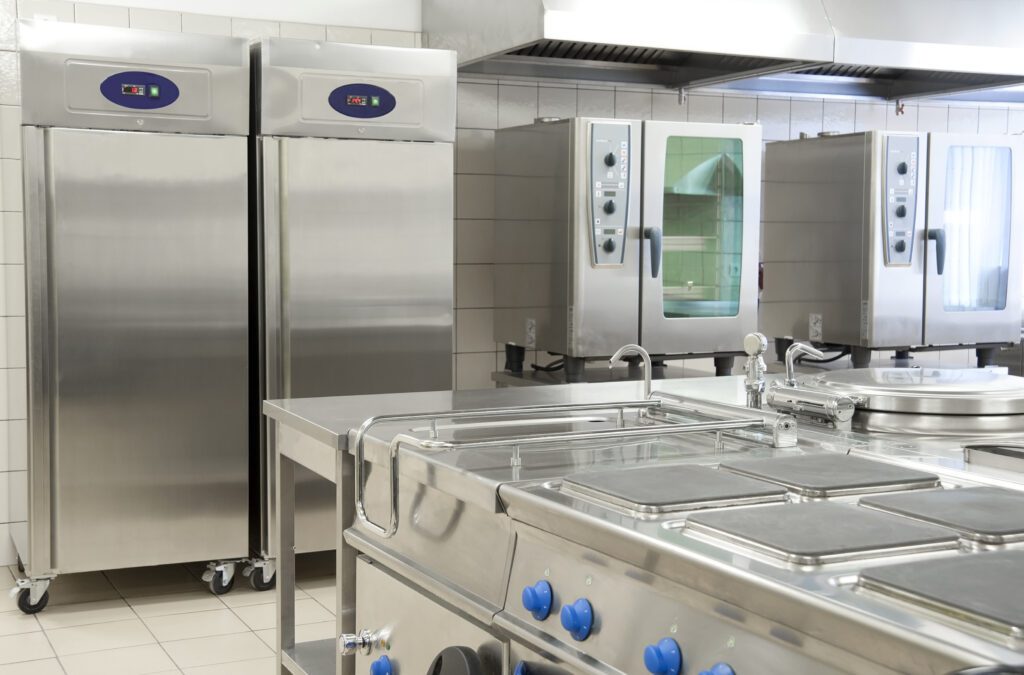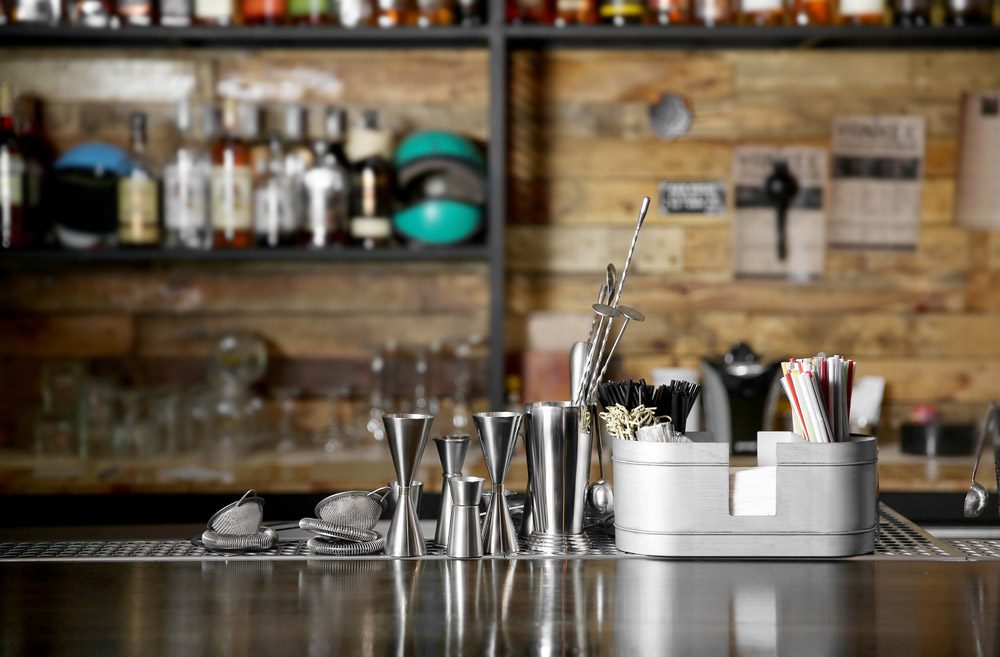When it comes to setting up a commercial kitchen, there are a multitude of factors to consider in order to ensure the success of your business. From layout and design to equipment selection and safety regulations, creating a functional and efficient kitchen space requires careful planning and attention to detail.
Layout and Design
One of the first considerations when setting up a commercial kitchen is the layout and design of the space. The layout of your kitchen will impact the efficiency of your operations and the safety of your staff. When designing your kitchen layout, it is important to consider factors such as workflow, ventilation, and accessibility.
When designing your commercial kitchen layout, consider the flow of food from storage to preparation to service. A well-thought-out layout will minimize the need for staff to cross paths, which can help prevent accidents and improve efficiency. Additionally, ensuring that there is adequate ventilation in your kitchen is crucial for maintaining a comfortable and safe working environment.
When it comes to design, functionality should be a top priority. Choose durable materials that are easy to clean and maintain and opt for energy-efficient equipment to help reduce operating costs. Consider the size of your kitchen space and the type of cooking you will be doing when selecting equipment, as different setups may require different types of equipment.
Equipment Selection
Selecting the right equipment for your commercial kitchen is essential for achieving optimal performance and efficiency. When choosing equipment, consider factors such as the size of your kitchen, the type of cuisine you will be serving, and your budget. Investing in high-quality, durable, and reliable equipment can help prevent costly repairs and replacements down the line.
Some key pieces of equipment to consider for your commercial kitchen include:
- Cooking equipment such as ranges, grills, and fryers
- Refrigeration units for storing perishable items
- Food preparation equipment such as slicers, mixers, and food processors
- Dishwashing equipment for cleaning dishes and utensils
- Storage solutions such as shelving and food storage containers
It is also important to consider your equipment’s energy efficiency, as this can impact your operating costs in the long run. Look for equipment that is ENERGY STAR certified to minimize your energy consumption and reduce your carbon footprint.
Safety and Regulations
Ensuring the safety of your staff and patrons is paramount when setting up a commercial kitchen. Familiarize yourself with the safety regulations and health codes that apply to commercial kitchens in your area, and make sure that your kitchen meets all necessary requirements. This may include installing fire suppression systems, ventilation hoods, and proper plumbing and electrical systems.
It is also important to train your staff on proper safety procedures and practices to prevent accidents and injuries in the kitchen. Regularly inspect and maintain your equipment to ensure it is in good working condition and address any issues promptly to prevent accidents and breakdowns.
Budget and Financing
Setting up a commercial kitchen can be a significant investment, so it is important to carefully consider your budget and financing options before moving forward with the installation. Create a detailed budget that outlines the costs of equipment, materials, labor, and any other expenses related to setting up your kitchen.
Consider financing options such as equipment leasing or financing to help spread out the costs over time and make the investment more manageable. Look for financing options with low interest rates and flexible repayment terms to ensure you get the best deal possible.
In addition to budgeting for the initial setup of your kitchen, it is also important to consider ongoing operating costs such as utilities, maintenance, and supplies. Factor these costs into your budget to ensure that you are prepared to cover all expenses associated with running your kitchen.
Working with a Professional
Setting up a commercial kitchen can be complex and time-consuming, so enlisting the help of a professional can streamline the installation and ensure that everything is done correctly. A professional kitchen designer or consultant can help you create a layout that maximizes efficiency and functionality and select equipment that meets your specific needs and budget.
Working with a professional can also help to ensure that your kitchen meets all safety regulations and health codes, reducing the risk of fines or penalties for non-compliance. Additionally, a professional can help you navigate the permitting and licensing process, ensuring all necessary paperwork is in order before you open for business.
Contact Us Today!
At Mathias FoodService Equipment and Design, we are committed to ensuring that you build a commercial kitchen that will meet your unique needs and preferences. We can work with you to design your restaurant’s kitchen in the best way possible, whether it is a squeezed or a spacious structure. Our goal is to ensure you have a well-designed, modern kitchen that will improve your business, school, or assisted living facility’s performance and help you provide the best experience for your patrons.
If you are in the process of installing a commercial kitchen, consider reaching out to Mathias FoodService Equipment and Design for professional guidance and support. Our team of experts can help you navigate the complexities of setting up a commercial kitchen, ensuring that your space is functional, efficient, and compliant with all regulations.
Contact us today to learn more about our services and how we can help you create the commercial kitchen of your dreams. Let us help you achieve success in the food service industry with a well-designed and efficient kitchen space.



